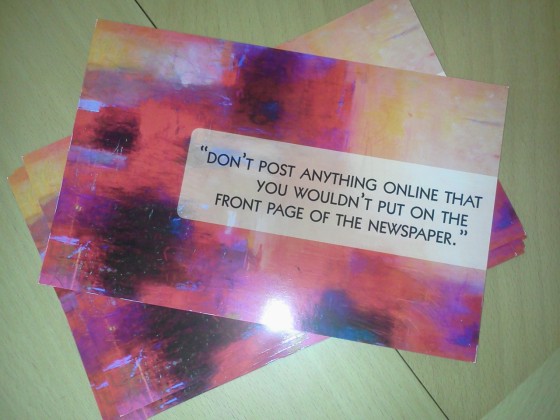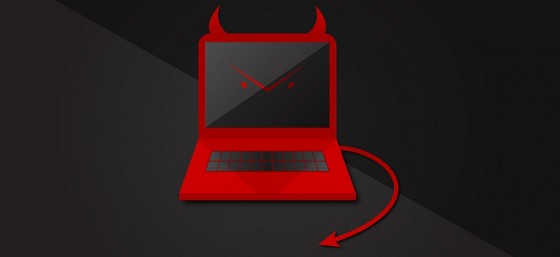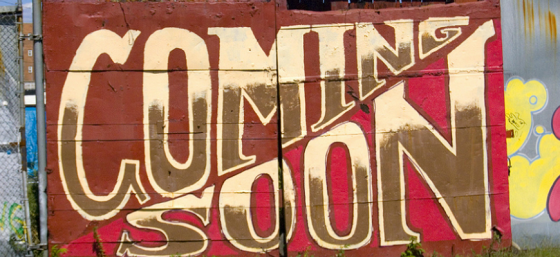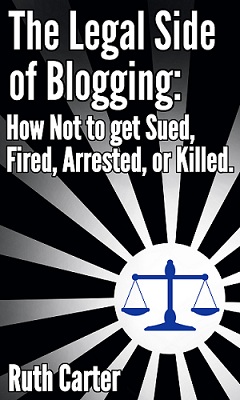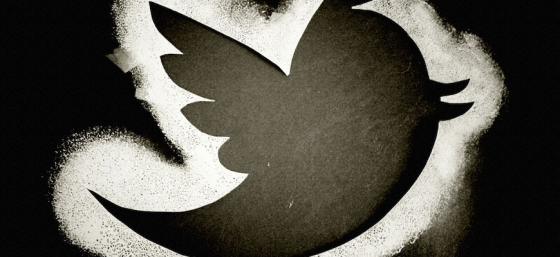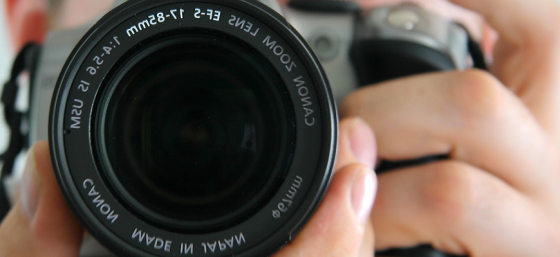One of the downsides of technology is most people have the ability to create intimate photos and videos with their smartphones which is now leading to an increase in “revenge porn.” For those of you who don’t know, revenge porn is created when a person takes the photos or videos from their prior romantic relationship and posts them on the internet to humiliate their ex-partner. I think posting revenge porn is juvenile and disrespectful, but there are also legal implications in these situations.
Copyright Infringement
If you take an intimate photo of yourself and send it to your partner, you own the copyright in that image and therefore have the exclusive right to copy and distribute it. If your ex posts it on a website or shares it with someone without your permission, they are likely committing copyright infringement. If you find a “selfie” photo of yourself on the internet that was posted without your consent, you may be able to get it removed using the Digital Millennium Copyright Act by sending a takedown notice.
Cyberharassment
Arizona has state laws against cyberharassment and against harassing someone via electronic communications, both of which are punishable by up to six months in jail and up to $2,500 fine. Other states have similar laws. If the person who posted the photos or videos did it with the intent to harass or harm you, the poster may have violated one or both of these laws.
Invasion of Privacy and other Civil Violations
Some people who are victims of a revenge porn situation are interested in a civil lawsuit. They may want to consult a lawyer to determine if the person who posted the pictures or videos likely violated your state’s laws related to invasion of privacy, infliction of emotional distress, and, if they’re making money off of you, the commercialization of your image. These are state law issues so you’d have to have a lawyer compare the facts of your case against your state’s laws.
Challenges in these Cases
One of the challenges in these cases is proving that your ex was the person who posted the photos or videos. The IP address will tell us from where they were posted so if they posted from home, that’s a good indicator that your ex did it. However, some people try to cover their tracks by using public Wi-Fi but there are other ways to gather evidence about the person who posted your intimate photos on the internet to discern their identity. There is always a chance that your ex isn’t the perpetrator but someone he/she shared your photos with (which could be another case against your ex)or a person who got access to your ex’s phone or computer without consent.
Another challenge in these cases is for people pursuing a civil lawsuit, you may win the case by you might not be able to collect if the defendant doesn’t have any money. The defendant doesn’t have any money, you might have a hard time finding a lawyer who will take your case unless you pay for your legal fees.
If you want to watch me jump on my soapbox about revenge porn, I made a video about it earlier this year.
If you are in a revenge porn situation, talk with the police and a lawyer who can discuss all your options. If you want more information about what you can/can’t post on the internet, please check out my book, The Legal Side of Blogging: How Not to get Sued, Fired, Arrested, or Killed.
You can connect with me on Twitter, Google+, Facebook, YouTube, LinkedIn, or you can email me.
You can also subscribe to the Carter Law Firm newsletter.
Please visit my homepage for more information about Carter Law Firm.


